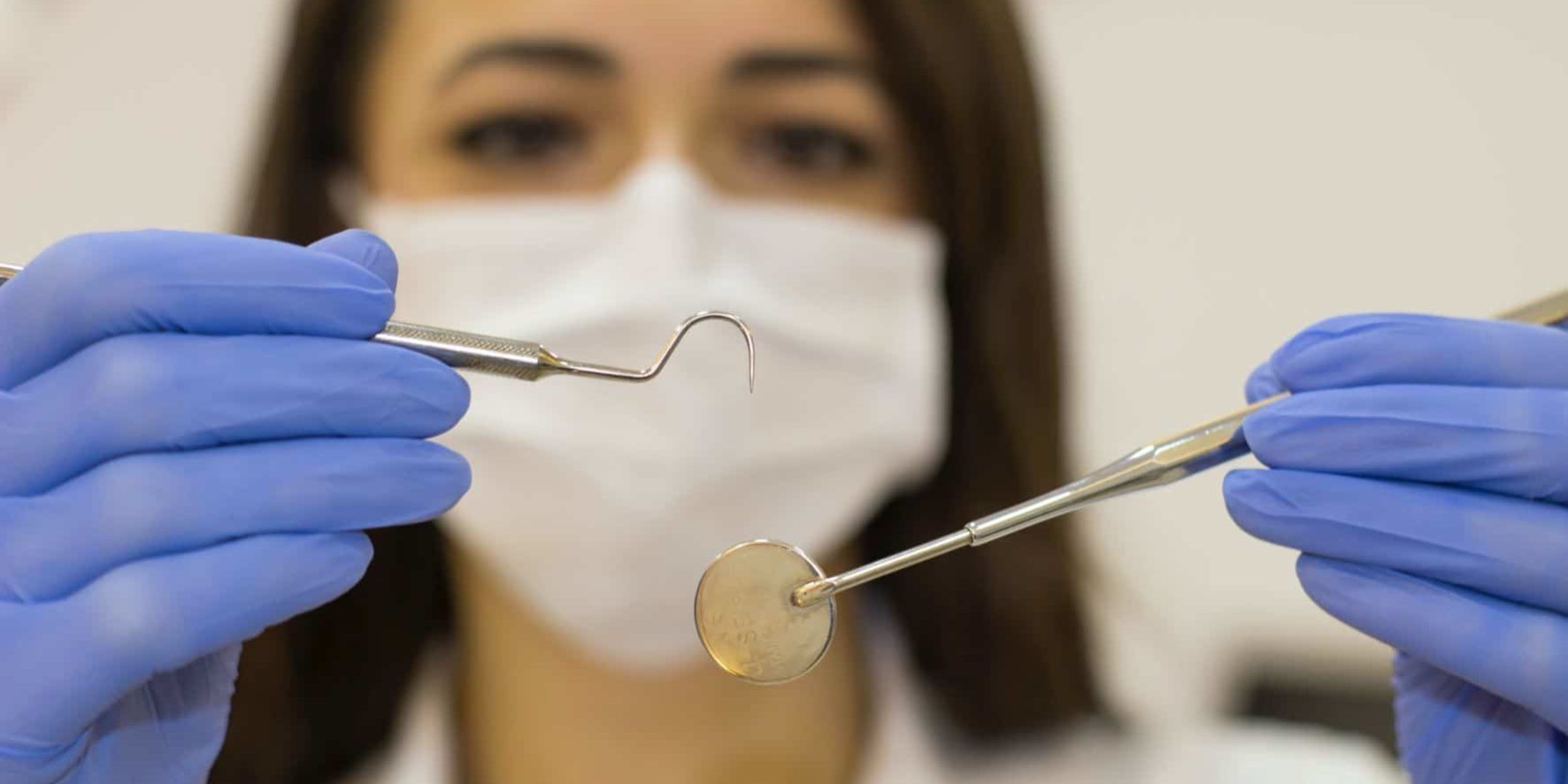If you are not seeing your dentist every six months for checkups, you should start immediately as doing so can prevent more serious problems in the future.
But if you are between visits or haven’t seen your dentist for a while, if any of the following signs arise, you should make an appointment as early as you can:
You have pain
If you have pain in your mouth, in the facial area around your mouth or neck, or around your mandibles and the base of your jaw, you should see your dentist. Tooth problems can manifest themselves in many ways.
Your gums are swollen or bleeding
Do your gums bleed when you brush or floss? Are they swollen? Any of these symptoms could be a sign of tooth decay or an infection. It’s especially critical that you act if you have a family history of gum disease.
You’ve had dental work in the past
If you’ve ever had cavities filled, root canals, crowns put on your teeth, or have dental implants or dentures, you should stick to a six-months schedule of seeing your dentist.
You have certain medical issues
You should be seeing a dentist on a regular basis if:
– You have diabetes,
– You have cardiovascular or heart disease,
– You have an eating disorder,
– You are HIV positive, or
– Are undergoing medical treatment like radiation, chemotherapy or hormone replacement therapy.
You’re pregnant
Pregnancy can actually exacerbate some dental problems, so stick to your regular dental visit schedule.
You have trouble eating
If it hurts when you chew your food and/or when you swallow, you should consider paying a visit to your dentist if it persists.
If you use tobacco
There are a lot of oral health problems that can develop from long-term tobacco use, both from smoking or chewing tobacco. Both types of tobacco can cause oral cancer, stain your teeth, and chewing tobacco can especially negatively affect your gums and spur the onset of gum disease.
Jaw issues
If you hear a popping sound when you open and close your jaw, or if there is pain where your jaw attaches to your skull when you open and close your mouth, you should see your dentist.
Sores or spots in your mouth
If you notice you have a sore in your mouth that lasts more than a week, see your dentist. A sore in the mouth that lasts longer than a week could be a symptom of an infection (viral, bacterial or fungal). Or perhaps if you wear braces or have dentures, they may be causing discomfort.
Chronic bad breath
Temporary bad breath after eating garlic-laden food is not a health issue. However, if you have chronic bad breath it may indicate something more serious like gum disease, a cavity or other medical condition.
*If you have an insurance need, we have a solution. We provide solutions for home & auto, health and Medicare insurance, life & dental coverage, employee benefits and commercial insurance. Give us a call at 803-286-1161.








